HPA and I2PANEMA strengthen port ecosystems

Questions of sustainability, urbanisation and labour management are placing a strain on EU ports, with an increase in cargo of around 50% predicted by 2030. How can the port ecosystem be simplified in the face of heterogenous software and complex issues of data integration? A solution lies in the I2PANEMA project’s vision of smart port networks enabled by the Internet of Things (IoT).
Many years in the making
Despite being only midway towards completion, I2PANEMA is already attracting attention: earlier this year, the homePORT innovation campus highlighted the involvement of a key partner in the consortium, the Port of Hamburg (HPA). Within a pre-existing collaboration with maritime start-up NautilusLog, the HPA had long discussed the idea of conducting a joint project for testing and development. This led to an exchange meeting between the HPA, Materna and Fraunhofer IML in which they uncovered a common desire to use sensors and digitalisation to simplify port processes and to develop an IoT reference architecture. As the acronym suggests, I2PANEMA ultimately provided a framework for what they want to achieve: Intelligent, IoT-based Port Artefacts Communication, Administration and Maintenance.
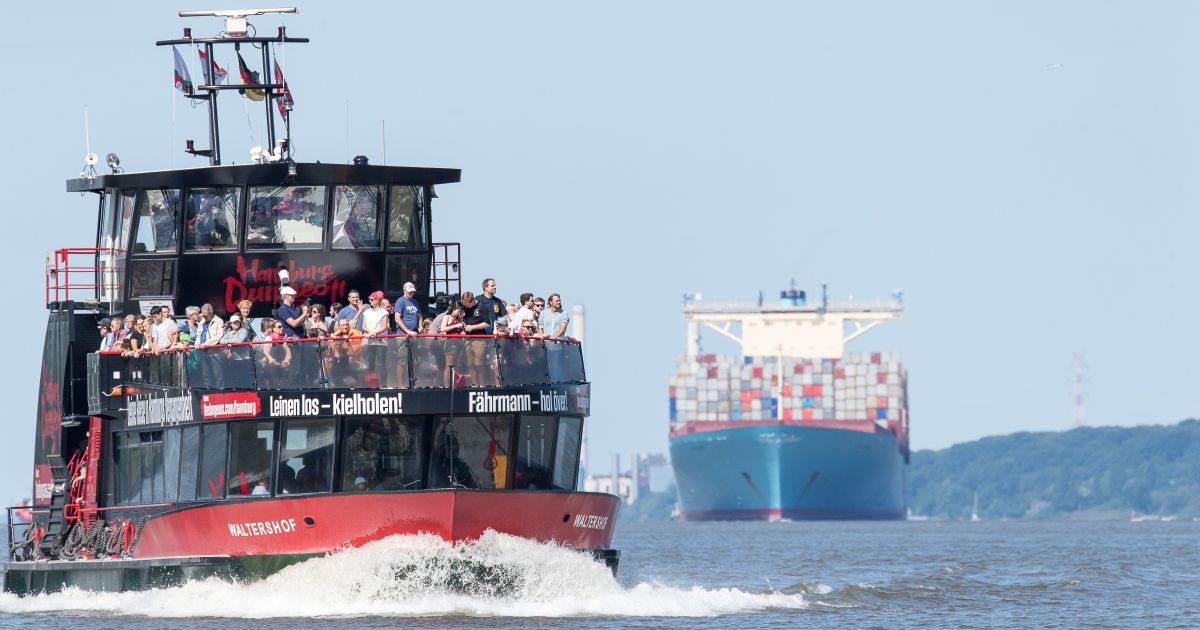
Boosting quality of life
In addition to project management, the HPA is responsible for the definition of requirements, the interface between users and IT for various business scenarios in Hamburg and the realisation of corresponding local demonstrators by partners in Spain, Germany and Turkey. It also holds the distinction of being the end user in the Onshore Power Supply business case, which centres around the transmission of information on when a ship will enter a port and the expected energy demand during its stay. By simplifying onshore power, this business case aims to increase its uptake and thereby improve air quality in the port area. This desire to improve quality of life – whether for users of the port itself or those in the nearby city – is at the heart of the I2PANEMA project.
From initial hurdles …
Of course, it hasn’t always been plain sailing. Because of complex funding issues of the third-party research project due to the challenges of forming a new federal government in 2017, it was a long way to define the Hamburg business scenarios. The common idea was to optimise media discontinuities in radio, IT and paper processes to enable greater efficiency and employee satisfaction. However, the realisation that ships can only be tracked with a delay then resulted in the need for further consultation and coordination efforts, such as on location querying via radio.
… to ‘real-time’ reality
With ferry company HADAG having joined the consortium, however, collaboration is in full swing. Over the course of the project, the needs of operational control and ferry captains have been adapted on the basis of NautilusLog’s digital logbook, which was installed on HADAG ferries in the form of a Smart Logbook as the project’s first demonstrator. Just as with location, operational data is recorded in real time via sensors in a mobile terminal and is processed by Fraunhofer CML via a Logbook Cloud in order to forecast expected arrival times. A machine-learning algorithm has been developed for this and was trained with millions of data points from the HADAG fleet, helping to support HADAG’s end users with a real-time timetable for journey planning.
This desire to improve quality of life – whether for users of the port itself or those in the nearby city – is at the heart of the I2PANEMA project.
The end-user as a stakeholder
For the HPA, a motivating factor for involvement with ITEA was the chance to co-design systems that will eventually be demanded by end users or that can be applied holistically to create added value, such as an IoT-reference architecture in the industrial/port context. Perhaps even more importantly, I2PANEMA is a golden opportunity to network with other ports, stakeholders and industry partners in order to inspire and empower port stakeholders both during and after the project. This increased attention on the need for greater interoperability, data exchanges and data merging will serve as a foundation for future solutions and references architectures. In turn, this will help to strengthen the international maritime network (including service providers outside of the port industry) with new trends and potential business models, knowledge from other sectors and transformative solutions that involve both stakeholders and end users of ports.
Positive, sustainable impact
As for Hamburg as a whole – and potentially any port city worldwide – the project’s main benefit will be the use of IoT/digital processes and applications to create a positive, sustainable impact on the port and the neighbouring urban area. Such solutions always have an impact on the wider city; despite often being considered separately, the ecosystems of ports and cities are mutually dependent and should be considered inseparable. Likewise, the prototyped solutions should never be divorced from I2PANEMA’s most important stakeholder: the citizens of the city. The project’s sustainability strategy, for instance, aims to increase the use of broader public transport. Real-time passenger information, generated as part of the Smart Ferry business scenario, will hopefully increase customer satisfaction and therefore the use of the ferry service. This forms part of the project’s wider efforts against noise, congestion and air pollution around the port, with knock-on benefits throughout society at large.
More information:https://itea4.org/project/i2panema.html
https://www.homeport.hamburg/portfolio/i2panema
https://www.hamburg-port-authority.de

Other chapters
Use the arrows to view more chapters

Editorial
By Jean-François Lavignon

Country Focus: Korea
KIAT - A European foothold for global market penetration

Hanyang University
The Engine of Korean Innovation

ITEA Success story: Flex4Apps
Deep customer understanding, backed by data
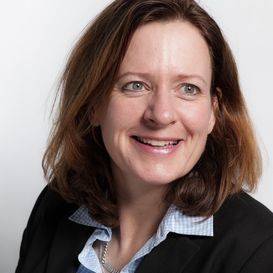
Sustainability
The insights of Atos
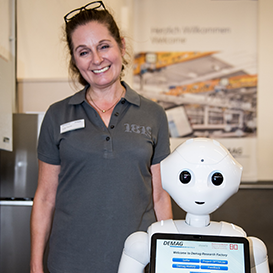
Community talk with Anja Fischer
From a matter of work to a matter of the heart
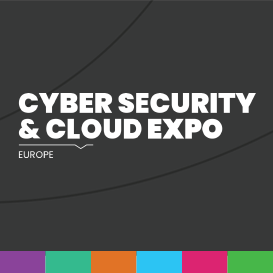
Cyber Security & Cloud Expo 2021
Keeping the focus on customer orientation
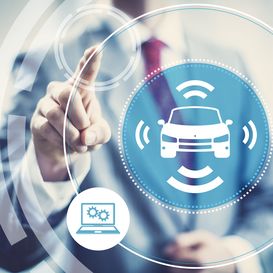
ITEA Success story: DANGUN
Paving the way for the autonomous vehicle revolution
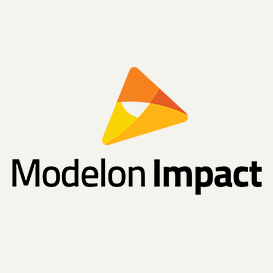
SME in the spotlight: Modelon
Making impact, literally, the next big thing
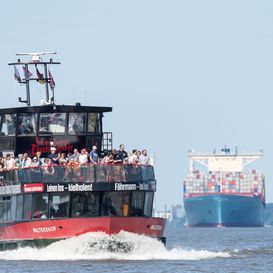
By and for end-users
HPA and I2PANEMA strengthen port ecosystems
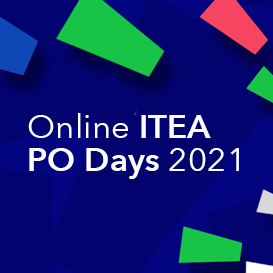
ITEA 4 - And we’re off!
First ITEA 4 Call launched during Online ITEA PO Days 2021

